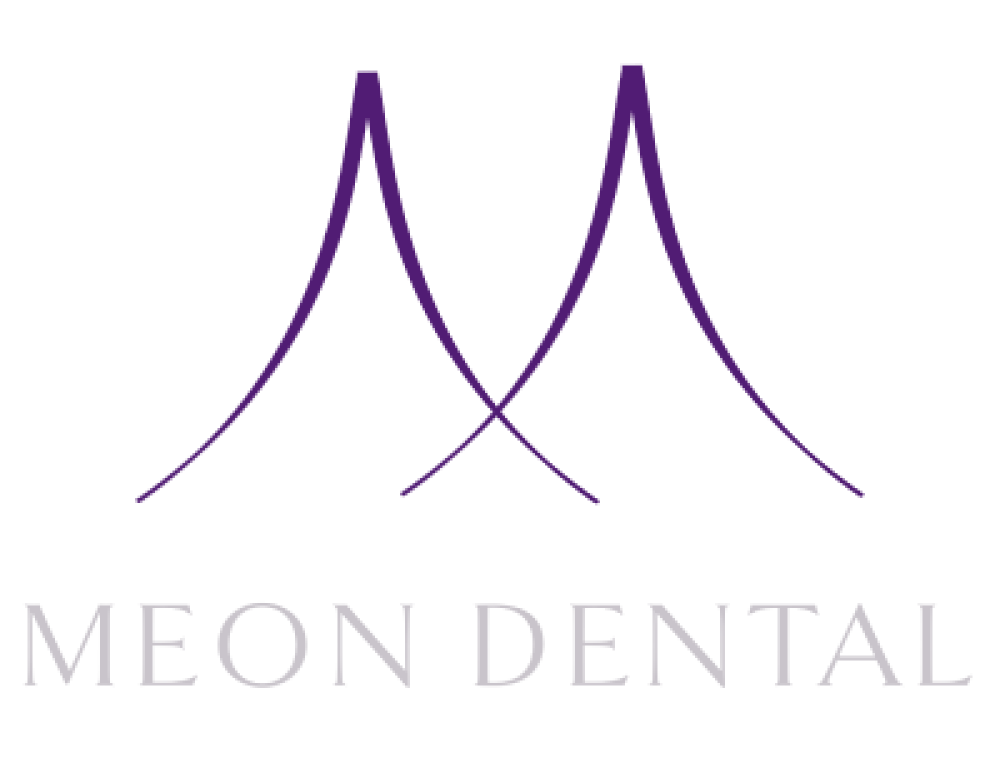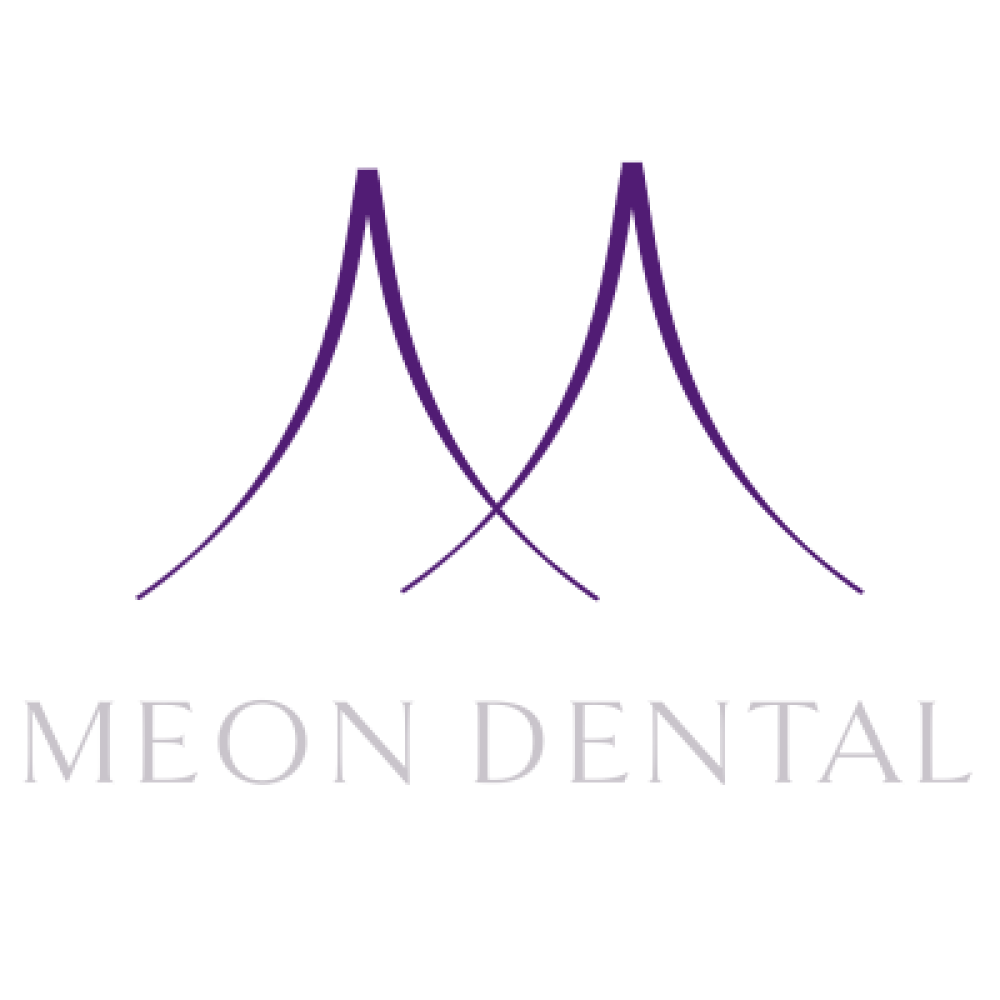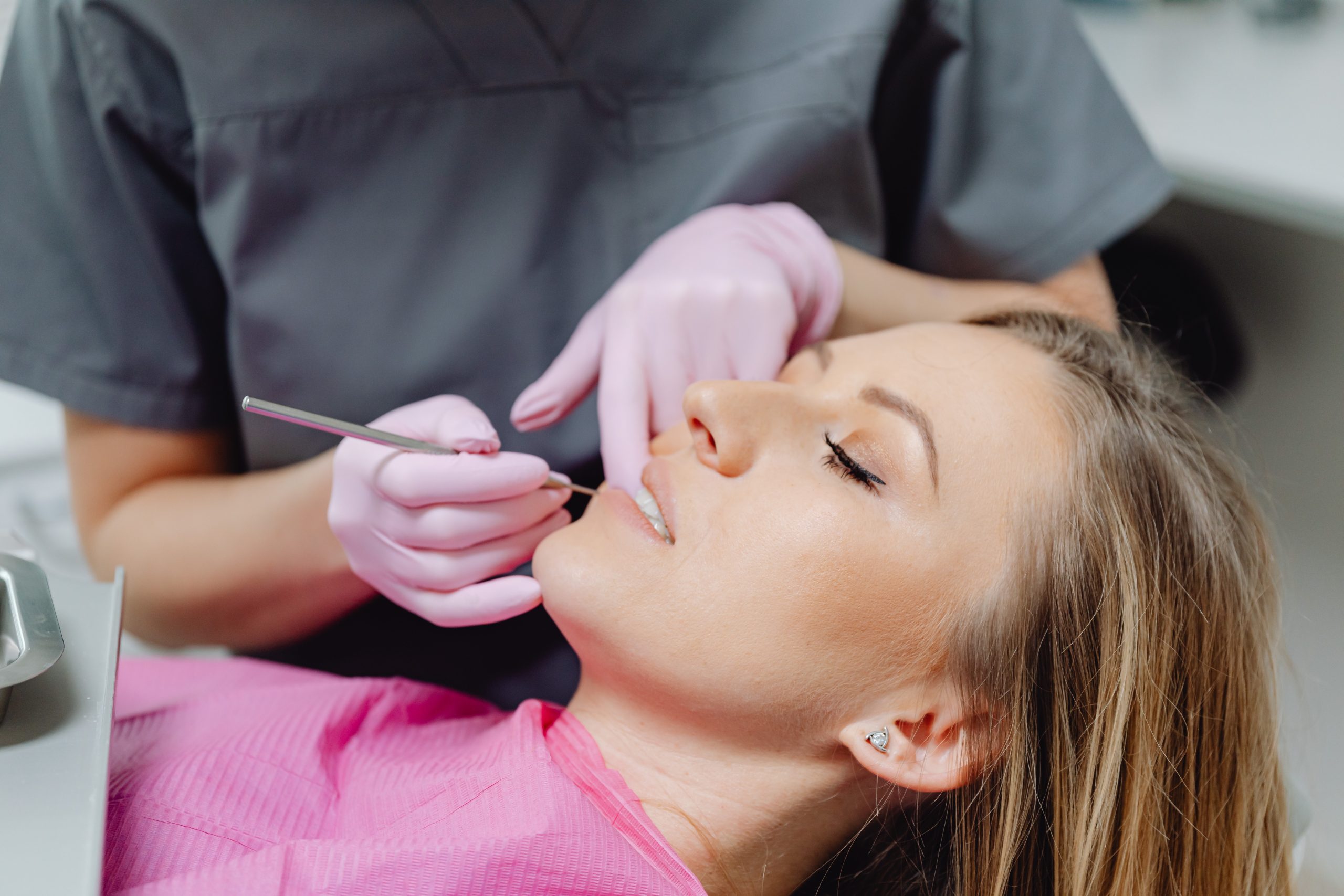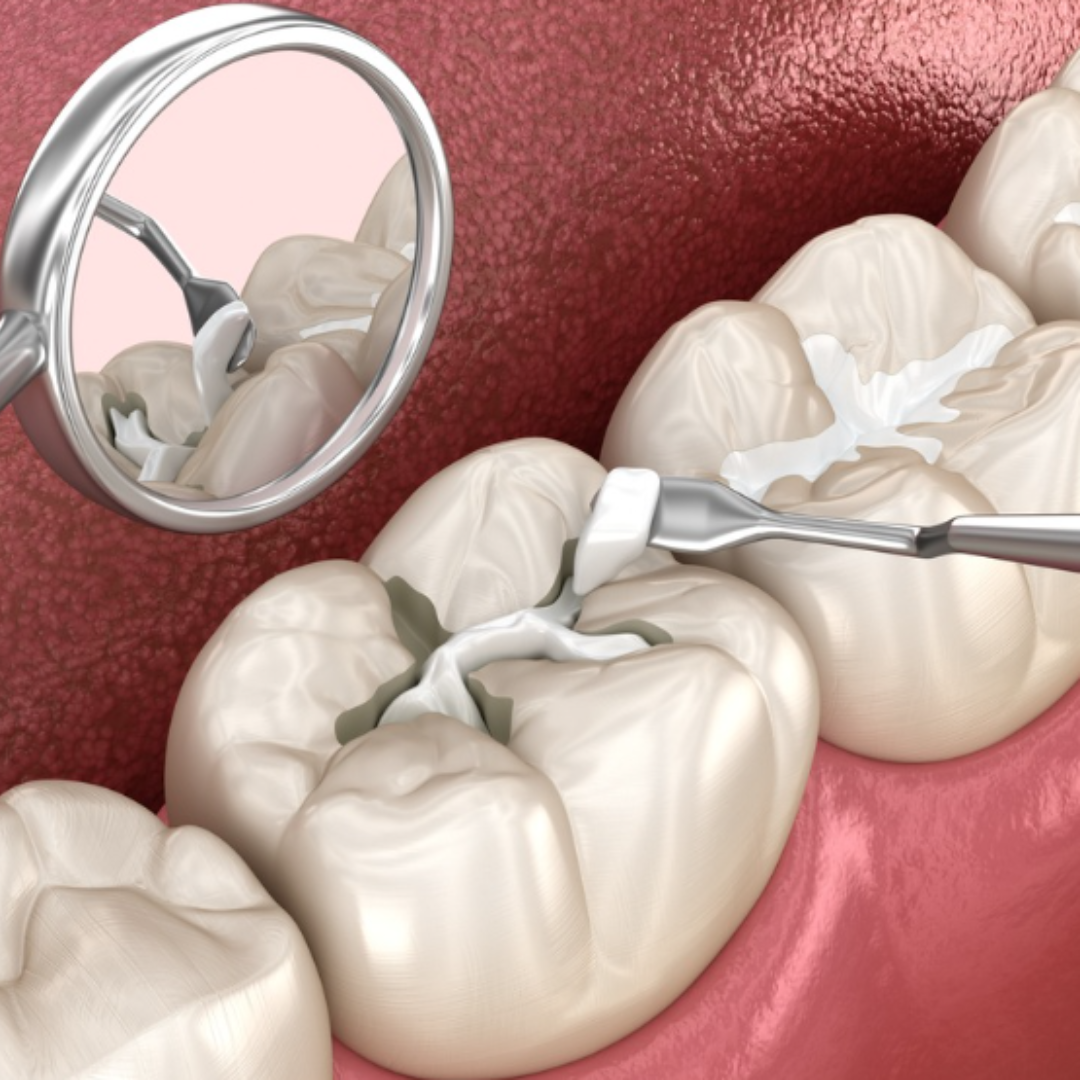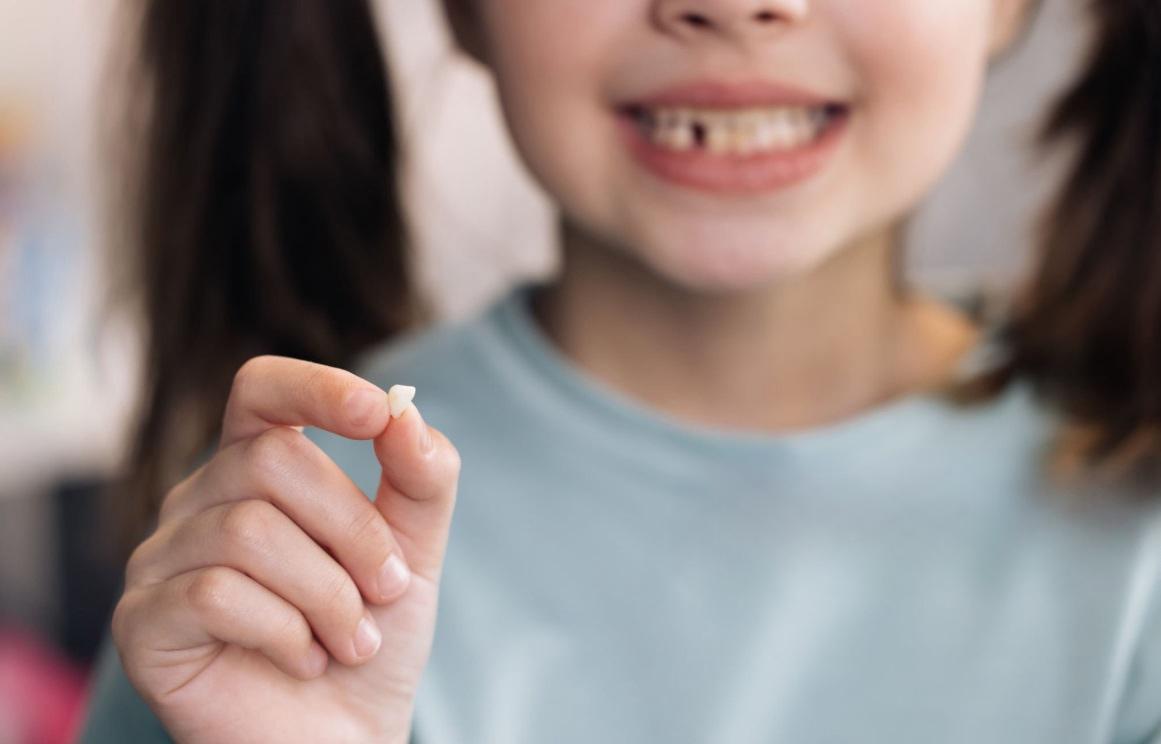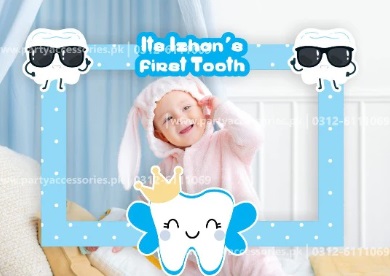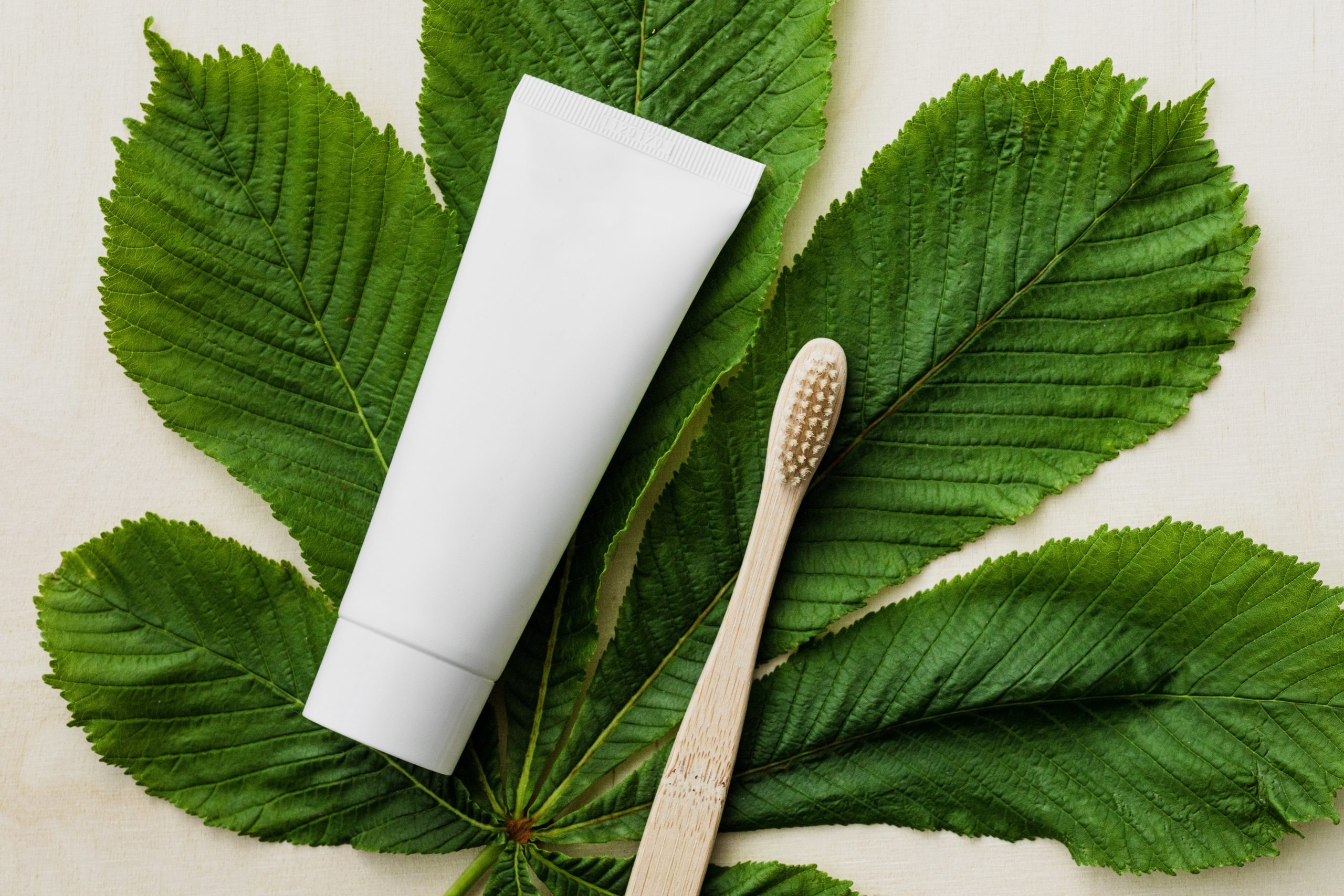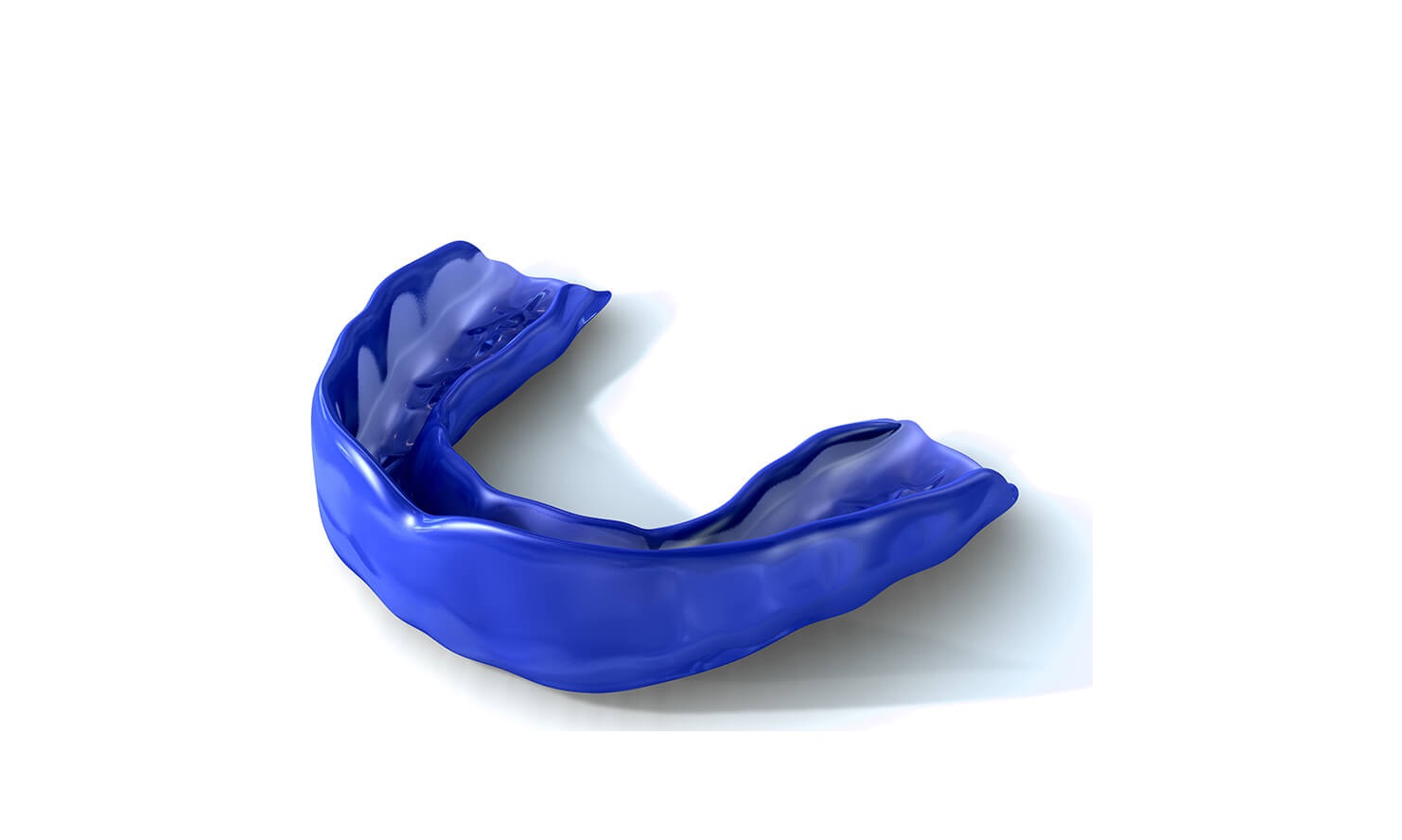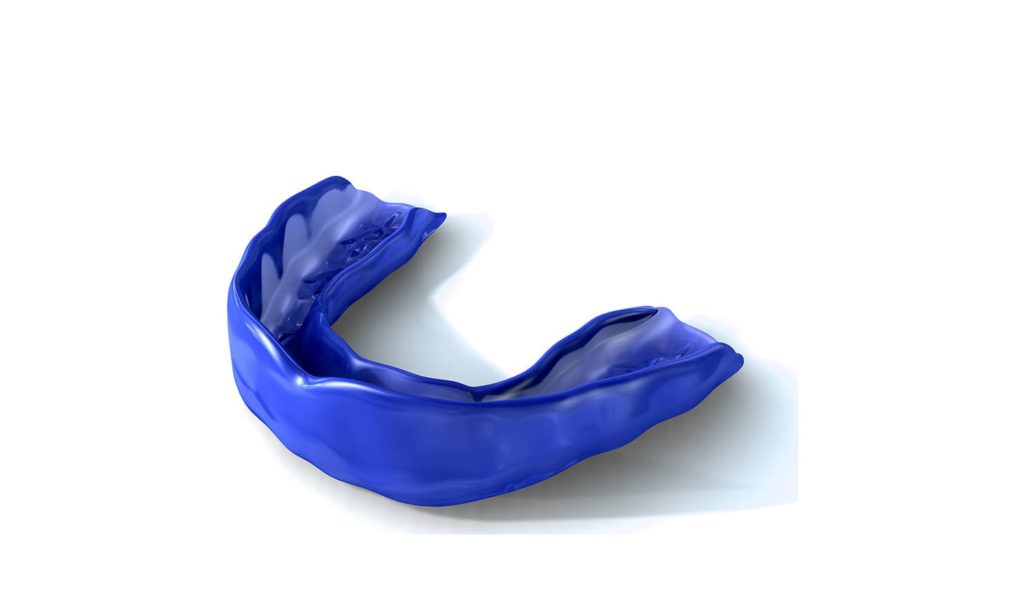Preparing Your Teeth for Summer: Tips for a Healthy Smile
As the summer awaits, it’s time to ensure your smile is ready for the fun. Here are some essential tips to help you maintain a healthy and radiant smile throughout the sunny season:
Stay Hydrated
With temperatures rising, hydration is vital to keeping your body and smile in shape. Sip on water throughout the day to stay refreshed and promote saliva production, which naturally cleanses your mouth and protects against tooth decay.
Watch Your Drinks
While indulging in cold beverages is a summer staple, be cautious of sugary drinks that can wreak havoc on your teeth. Opt for water or sugar-free options to quench your thirst and protect your smile from unnecessary sugar exposure.
Protect Your Pearly Whites
Safeguard your smile with a custom-fitted mouthguard, whether you’re hitting the beach or playing sports. This simple accessory can prevent dental injuries and keep your teeth safe during summer activities.
Stick to Your Routine
With vacations and late nights on the agenda, it’s easy to slip up on your oral hygiene routine. But don’t let summer fun get in the way of brushing twice a day and flossing daily. Consistency is key to maintaining a healthy smile year-round.
Snack Smart
Fuel your summer adventures with nutritious snacks like fresh fruits, crunchy vegetables, and nuts. Not only do these snacks provide essential nutrients for your body, but they also help stimulate saliva production and naturally clean your teeth.
Schedule a Checkup
Before you dive into summer festivities, schedule a dental checkup with your dentist. A professional cleaning and exam will ensure your smile is in tip-top shape and catch any potential issues early on.
Sun Protection for Your Smile
Don’t forget to protect your lips and gums from the sun’s rays. Use a lip balm with SPF protection to shield your lips, and consider wearing a wide-brimmed hat for added sun protection for your face and mouth.
Chill Out on the Ice
While it may be tempting to chew on ice cubes to cool down, it’s best to avoid this habit as it can damage your teeth. Enjoy your cold drinks without the added risk of skipping the ice or using a straw.
With these simple tips, you can enjoy a summer filled with smiles, laughter, and unforgettable memories. Soak up the sun, embrace the adventures, and keep your smile shining bright all season long!
